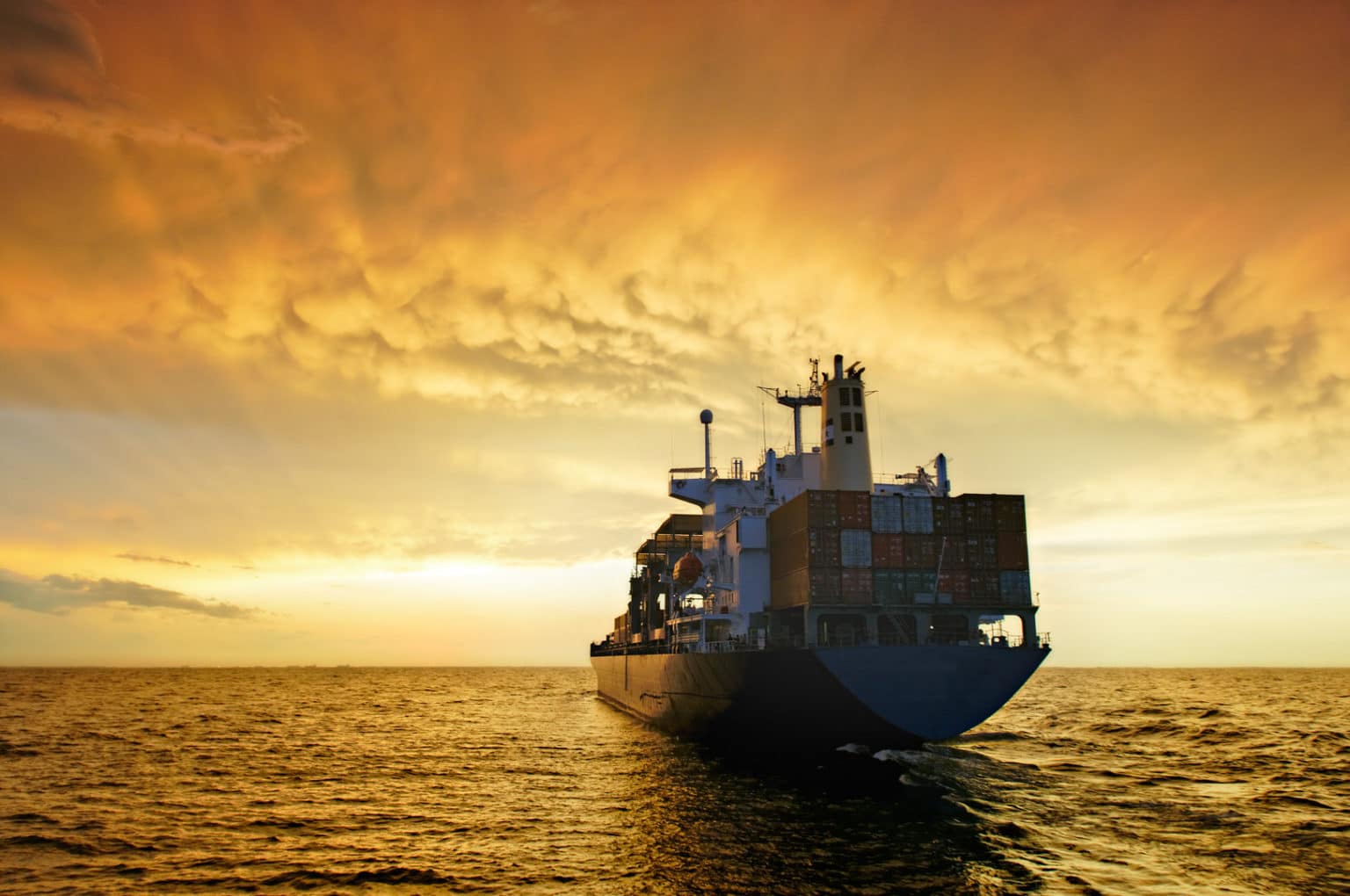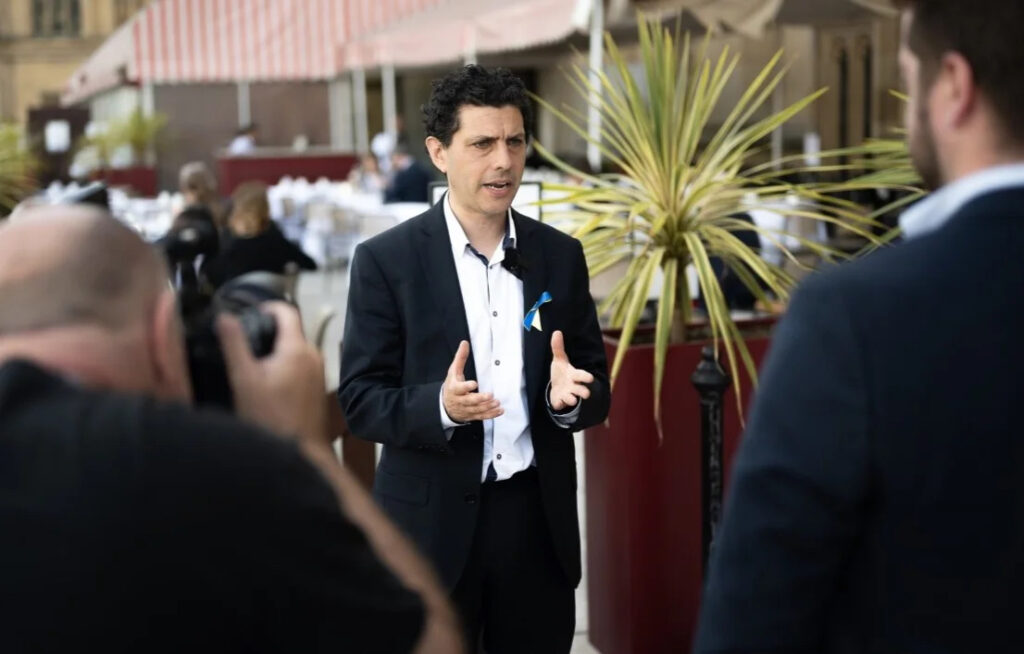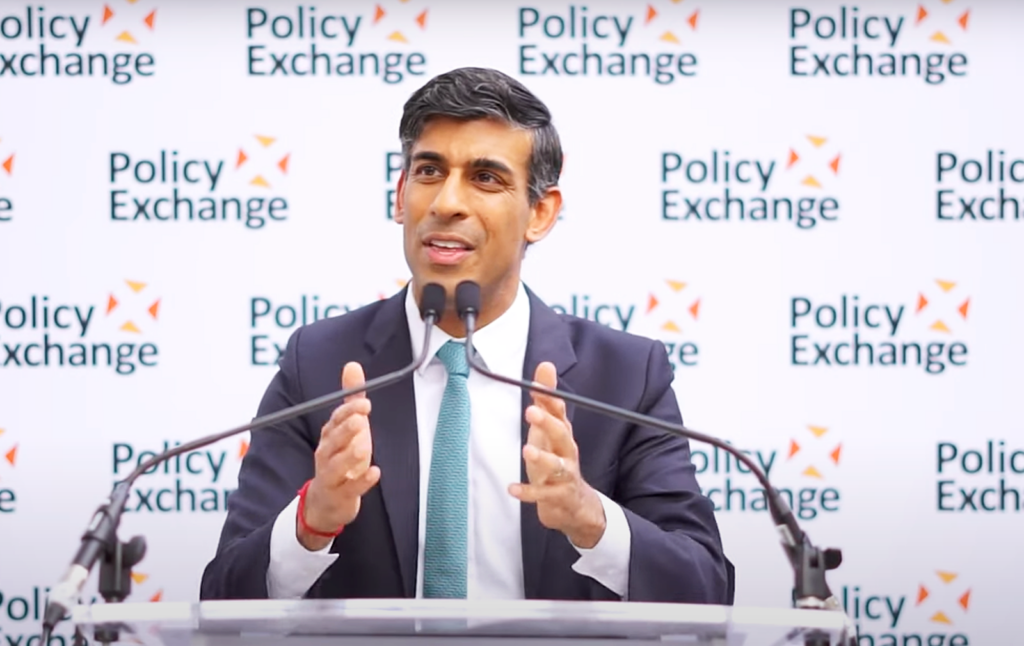By Stephen Buranyi, reporting for DeSmog UK at the IMO in London.
Climate change featured heavily at the opening of the International Maritime Organisation’s (IMO) annual marine environment protection meeting in London today.
IMO Secretary General Kitack Lim called the Paris climate agreement a “landmark achievement” and said that the organisation – which sets shipping regulations, including environmental standards, for UN member states – has “a major role to play in ensuring the Paris agreement translates into a long lasting improvement in people’s lives.”
This is a change of pace for the international shipping industry which, along with aviation, continues to avoid coming under a sector-wide global emissions reduction target.
Contributions from the shipping and aviation industries were notable in their absence from the Paris deal.
This is despite shipping accounting for about three percent of total global carbon emissions (a carbon footprint equal to the size of Germany). And, according to IMO projections, emissions from shipping may increase by 50-250 percent by 2050 from 2012 levels.
But as Lim told the assembled delegates: “The absence of any mention of shipping in the text of the agreement will in no way diminish the strong commitment of the Organisation… to continue its work to address greenhouse gas emissions.”
Lim focused on the Paris agreement throughout his address and reiterated its aspirational goal of limiting global temperature rise below 1.5C.
Emissions Targets
At last year’s meeting, the IMO rejected a call by the Marshall Islands to set specific emissions targets.
Since taking over the secretariat in January of this year, however, Lim has appeared more amenable to setting concrete emissions limits. He told Climate Home that climate change was a “top priority.”
But the industry has its work cut out for it. A study at UCL last year found that the global shipping industry would have to cut its emissions by nearly half by 2030 to stay on track for a 1.5C warming limit.
Currently, ship owners are bound by the regulations of the country where they are registered. Imposing an international agreement would ensure a standard for emission reductions and prevent owners from fleeing to states with looser regulatory regimes.
Secretary General Lim’s focus on climate change also comes amidst mounting pressure for the industry to act on its emissions.
The Marshall Islands, with the world’s second largest ship registry, has been a leader in pushing for a universal shipping climate target. But, its previous proposal failed to garner support from other nations that benefit from ‘flags of convenience,’ like Panama and Liberia.
The Marshall Islands is now expected to submit another proposal urging the IMO to contribute to international efforts to reduce emissions. They are joined by Belgium, France, Germany, Morocco, and the Solomon Islands.
UK Shipping
And the UK’s respective Labour shadow climate and transport Ministers Barry Gardiner and Richard Burden have today called for the shipping industry to adopt “robust sustainability regulations for shipping that are internationally recognised and respected.”
“This will ensure shipping plays its part in the global transition to carbon neutrality.”
Writing in the Huffington Post, Gardiner and Burden argue that “failure to get an agreement could put the integrity of the Paris Agreement – and the safety of us all – at risk.”
The UK has 453 registered trade ships as of 2014. Yet, the UK‘s position remains unclear – it has not joined with other nations to drive forward ambitious emissions reductions in international shipping.
Earlier this year energy minister Andrea Leadsom declined to say whether the UK was preparing a plan in advance of the IMO meeting.
She stressed that negotiations on the shipping industry’s role in meeting the Paris goals were at an “early stage.”
Photo: Louis Vest via Flickr
Subscribe to our newsletter
Stay up to date with DeSmog news and alerts






